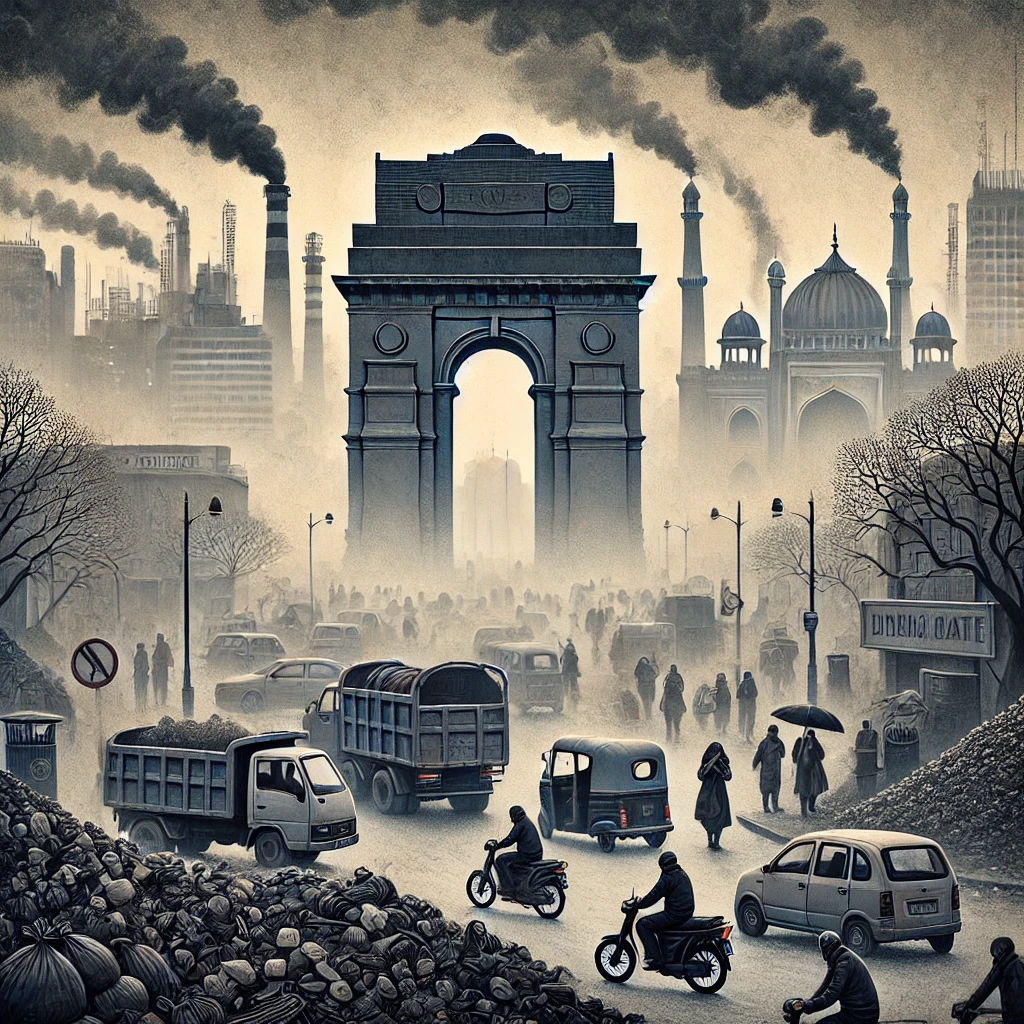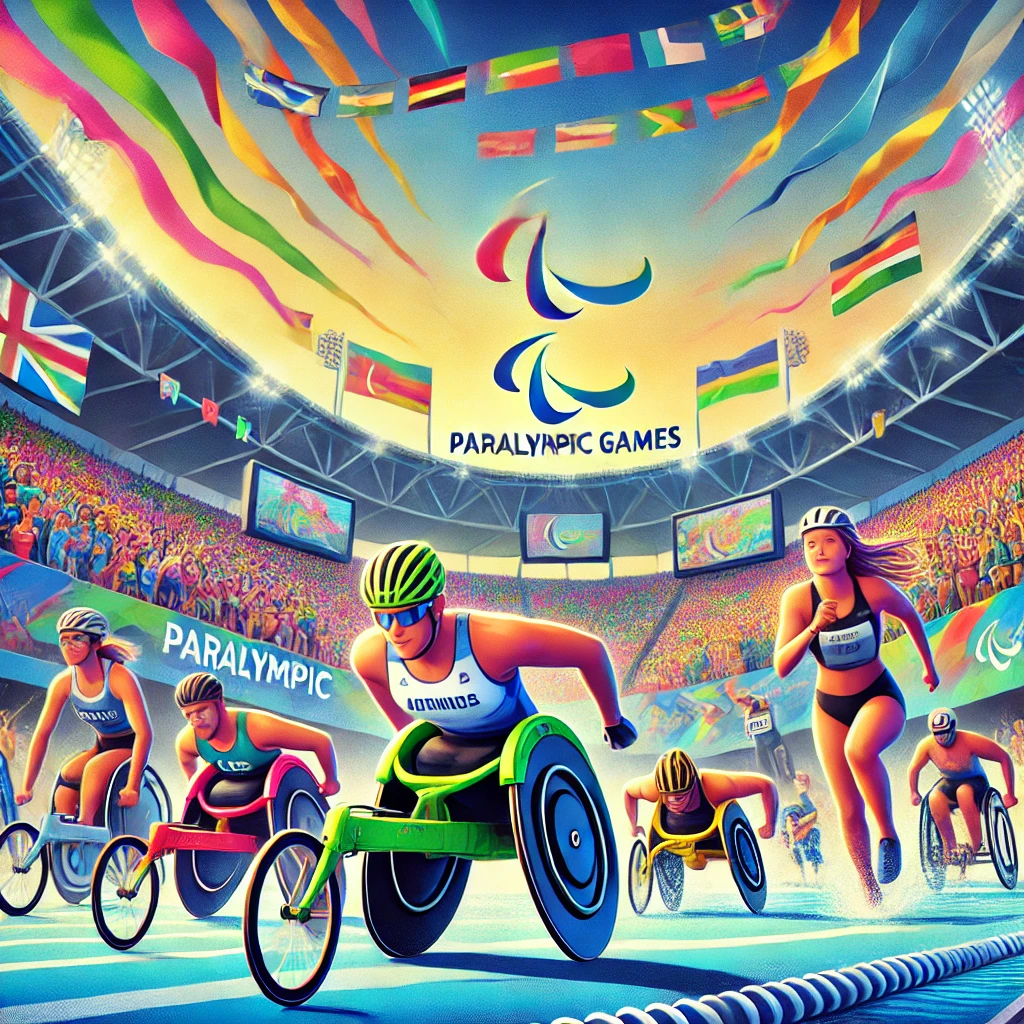
Delhi, the bustling capital of India, is grappling with severe pollution levels, making it one of the most polluted regions globally. As industries expand and urbanization intensifies, Delhi’s air quality continues to deteriorate, often hitting hazardous levels, especially in winter. The toxic smog that envelopes the city is a result of vehicular emissions, industrial pollutants, construction dust, and seasonal agricultural burning in nearby states, resulting in air pollution so severe that it causes health hazards for millions of residents.
The Health Risks of Delhi’s Pollution Crisis
Delhi’s pollution is not just an inconvenience; it’s a public health emergency. The particulate matter (PM2.5 and PM10) in the air has reached levels far above the safe limit set by the World Health Organization (WHO). Breathing this polluted air can lead to respiratory issues, heart disease, and even cancer. Vulnerable groups, including children, the elderly, and those with pre-existing health conditions, face the greatest risks.
Protecting Ourselves from Delhi’s Pollution
While it’s challenging to avoid exposure altogether, individuals can take several steps to reduce health risks and manage their exposure to Delhi’s pollution:
- Stay Informed: Air quality can fluctuate, so staying updated on daily pollution levels through apps like AQI India or government websites helps make informed decisions about outdoor activities.
- Use Air Purifiers: Investing in a high-quality air purifier for your home can help reduce indoor pollution. Air purifiers with HEPA filters are particularly effective at trapping harmful particles like PM2.5.
- Wear Masks: N95 or N99 masks are designed to filter out pollutants effectively. Wearing these masks outdoors, especially during high pollution days, can significantly reduce the number of particles you inhale.
- Limit Outdoor Activities: On days when pollution levels are especially high, it’s best to avoid strenuous outdoor activities. Opt for indoor exercises and try to limit time outside to essential activities.
- Maintain Indoor Plants: Certain indoor plants like spider plants, aloe vera, and peace lilies can improve indoor air quality by absorbing some pollutants. Though they won’t replace an air purifier, they can supplement cleaner air in your home.
- Boost Immunity: Diet and lifestyle play a vital role in strengthening our body’s resilience. Foods rich in antioxidants, vitamins C and E, and omega-3 fatty acids can support the immune system and potentially mitigate some health effects of pollution.
Environmental Solutions to Curb Pollution in Delhi
Addressing Delhi’s pollution requires collective and systemic efforts from both the government and citizens. Here are some essential environmental solutions:
- Promote Clean Energy: Switching to renewable energy sources, such as solar and wind, can significantly reduce industrial pollution. Incentivizing green energy for businesses and residential buildings would help transition Delhi away from fossil fuels.
- Encourage Public Transportation: Reducing the number of private vehicles on the road is crucial. Developing and promoting a reliable, affordable public transport system can lower vehicular emissions.
- Implement Stricter Regulations on Industry: Stricter emission standards for factories and penalties for violations can deter industries from excessive pollution. Enforcement of these laws needs to be consistent and widespread to be effective.
- Reduce Agricultural Burning: Seasonal crop burning is a significant source of pollution. Implementing alternative methods, like subsidizing straw management machinery and promoting bio-degradable alternatives, can help curb this practice.
- Increase Green Cover: Planting trees and developing green spaces around the city act as natural air filters. Trees absorb carbon dioxide, produce oxygen, and can mitigate dust and other particles, providing long-term benefits to air quality.
The Path Forward
The pollution crisis in Delhi is a serious issue that demands both individual and collective action. While immediate steps can help protect personal health, long-term solutions depend on a concerted effort between government policies, industry practices, and citizen involvement. Only by working together can Delhi hope to overcome its pollution problem and create a cleaner, healthier environment for future generations.



